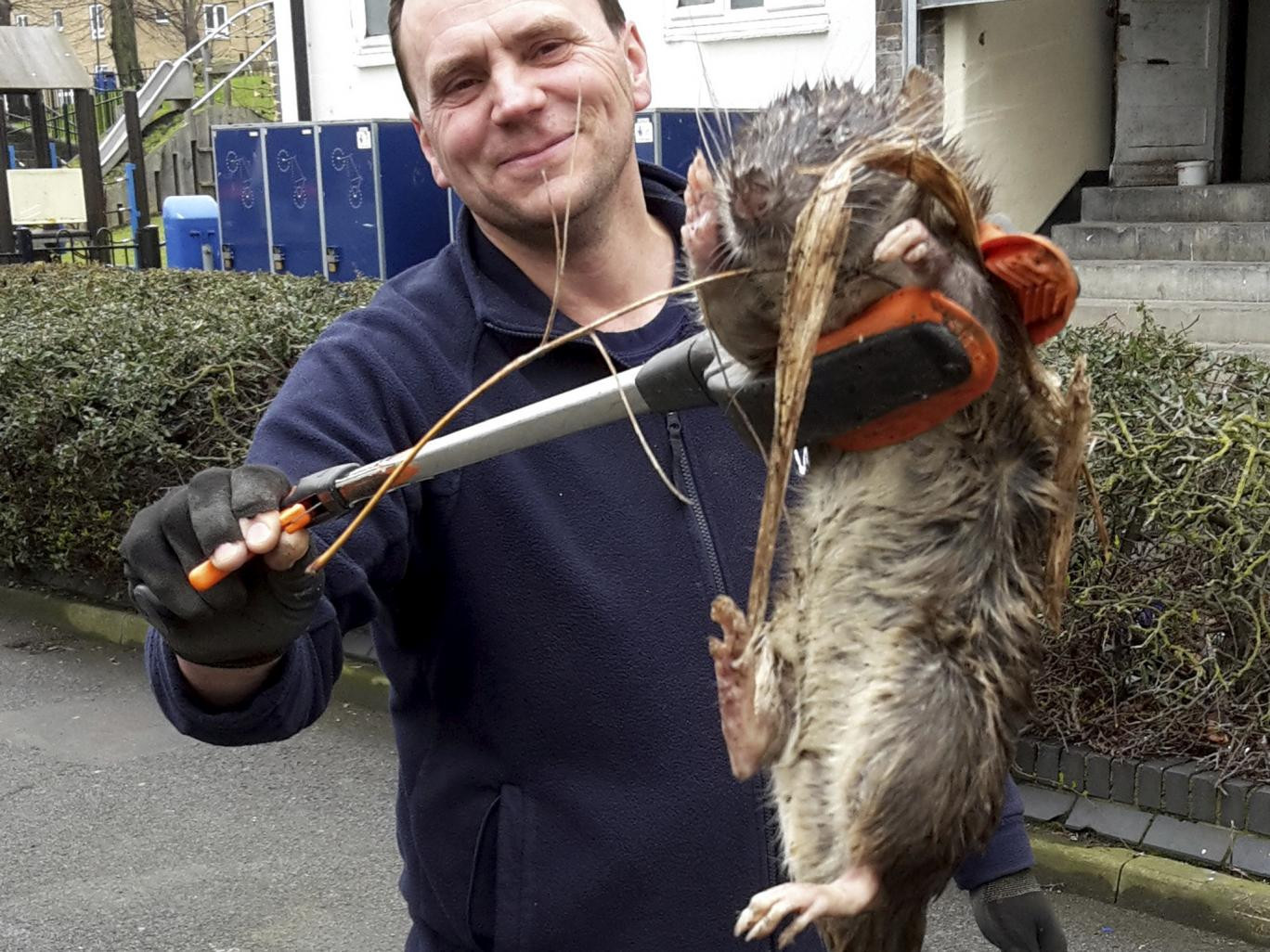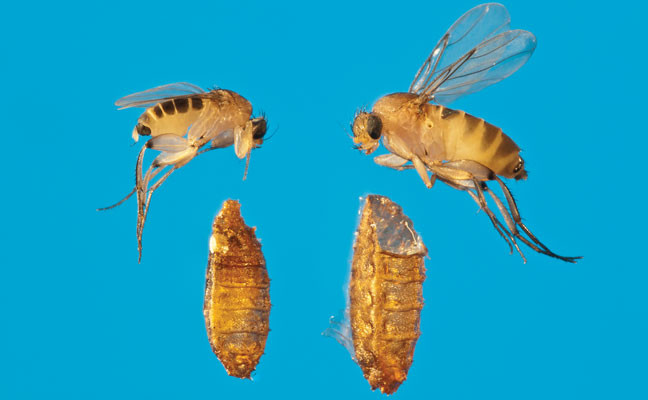It’s becoming a far too normal occurrence these days: larger versions of something terrifying growing in numbers. The latest is the fen raft spider—one of the largest arachnids in Britain—also known as the great raft spider.
Years ago, fen raft spiders were on the brink of extinction.
So, what exactly are these rare spiders, and should we be worried? Yes, yes we should. They can grow to the size of a human hand and produce a web that measures 25 centimeters or nearly 10 inches. Admittedly, they pose no significant threat to humans, with a bite that would leave a mark sort of like a beesting—and they’re quite shy, so they’re more likely to run away, anyway. Still freaky, though!
Rather than human flesh, these creepy crawlies feast on aquatic life, including fish. Incredibly, fen raft spiders can traverse the water’s surface. At this point, all they’re missing is the ability to jump.
Your horror aside, the RSBP is very excited in its efforts to repopulate this species. Tim Strudwick, who is the RSPB Mid Yare nature reserves site manager, pointed out to The Daily Mail that they are “proud” of the role they have played in this reemergence, noting that their “important role” is to help maintain “rich aquatic diversity found in the grazing ditches.”
All of this comes on the heels of another discovery off the coast of San Diego. That was where the ‘Doomsday Fish’ was spotted. In other words, humans aren’t safe anywhere.
For centuries the fen raft spider lurked in the UK's wetlands but, after the industrial revolution led to many of its habitats being drained, the species almost went extinct in the 20th Century. Now, after years of conversation work by the RSPB and Chester Zoo, the species is now back to thriving in the UK - which may not be welcomed by everyone. After hitting a low of just three areas where they were known to exist in 2010 but there is now an estimated 10,000 breeding females across the UK.
The RSPB say the spider is set to have its best year on record in Norfolk and Suffolk, with almost half of the breeding females present there. In 2010 a project was formed to breed and reintroduce the spiders to more suitable habitats. In 2012 they were released at the RSPB-owned Cantley Marshes where they thrived and spread to the nearby surrounding areas. They ranged as far as another RSPB-owned site called Strumpshaw Fen where they were first reported by a visitor who took a picture of one. Tim Strudwick, the reserves manager for the RSPB in the mid-Yare valley in Norfolk said: “We just don’t know how far they are going to spread and that’s what’s exciting, seeing which bits of habitat they take over next.” He added: “The fen raft spider is one of the UK’s rarest invertebrates and we are proud of the role our reserves and teams have played in its recovery. These spiders have an important role in maintaining the rich aquatic diversity found in the grazing ditches on our reserves. The females are impressive in size, but also beautiful – they are truly special to see.”
The large brown spider spins a web that can reach up to 30cm and it can grow to the size of a man's hand. They are the largest of the UK's 660 known species of spider. It eats anything it can catch from dragonflies to tiny aquatic animals like small fish and tadpoles. They can also run across water despite their size. However, the public has been assured they are not venomous and prefer their marshy outdoor habitats to indoors.
The RSPB said the resurgence of these giant spiders was the result of conservationist work undertaken to reintroduce them to suitable areas of restored habitat. The project was a collaboration between Suffolk and Sussex Wildlife Trusts, Natural England, the Broads Authority, the RSPB and the British Arachnological Society. Conservationists said the rarity of the species was mainly down to the “large-scale degradation and destruction of the lowland wetland habitats” on which it depended. However, introducing spiders to sites on the Norfolk and Suffolk Broads has increased the number of sustainable populations needed for the species to thrive. A recent survey estimated that the total number of female fen raft spiders is now just under 4,000.
The RSPB described a “sensitive restoration of grazing marshes by reserve teams across the RSPB Mid-Yare reserves, which includes Strumpshaw Fen, Buckenham Marshes and Cantley Marshes”. These efforts have provided the spiders with an environment with plenty of prey and the ideal mix of vegetation.
As well as its distinctive size, the spider can be recognised by a white or cream-coloured band along its dorsal surface. The spider, a semi-aquatic ambush predator, has tiny hairs on its legs that detect even the faintest vibrations on the water’s surface, allowing it to hunt effectively. Its diet consists of insects, including dragonfly larvae, other spiders, tadpoles and fish.
Many will be pleased to know that the giant spider is harmless, and poses no threat to humans.


















